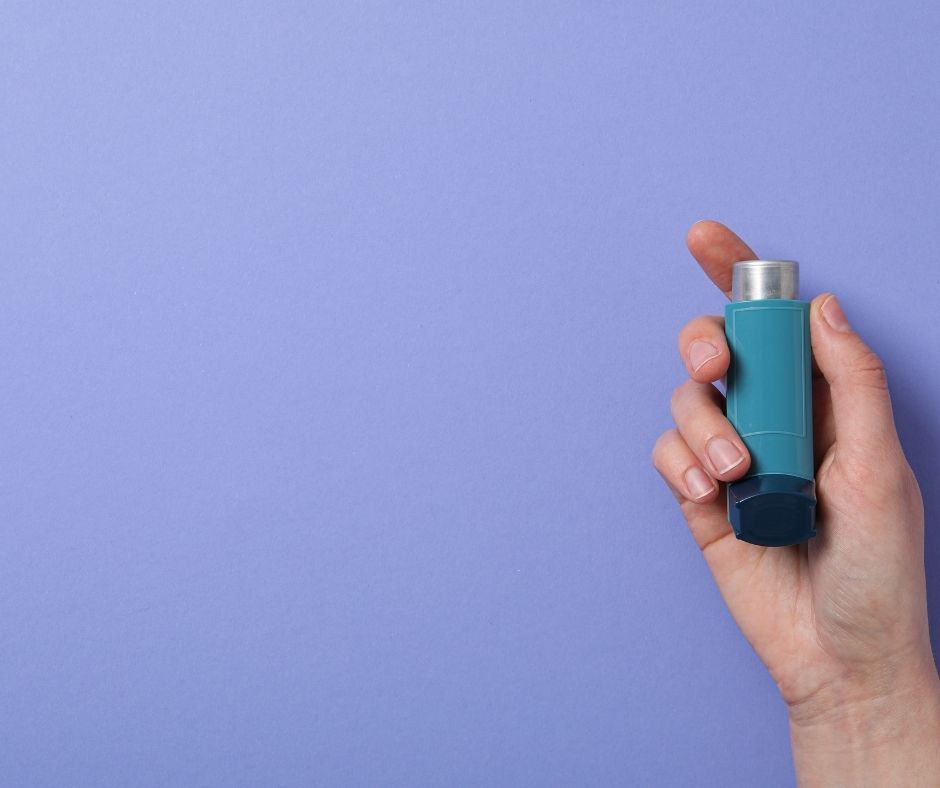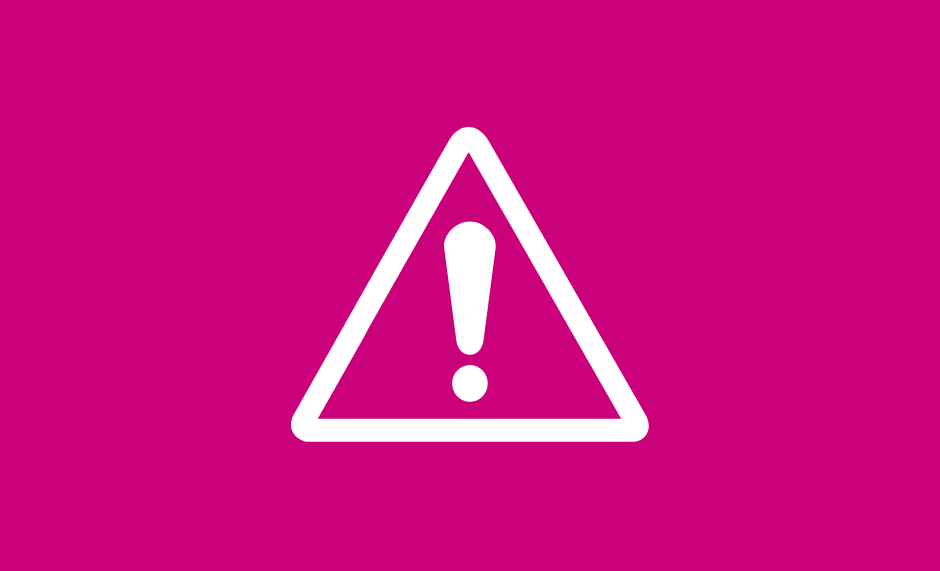Environmental public health
Handling and
preparing food safely to stay well



Being surrounded by food every day makes it easy to forget that food can be dangerous to health if not handled and prepared safely. Today marks World Food Safety Day – a time for us to think about how we handle and prepare food safely for ourselves, family and friends to ensure we stay well.
The theme for World Food Safety Day this year is: food standards save lives. Food standards aim to keep food safe to ensure we avoid food poisoning. Food poisoning is illness caused by eating or drinking contaminated food or drink.
Food poisoning is caused by harmful bugs (pathogens) like bacteria or viruses, or toxins, being present in the food we eat, which can cause harm to our health if they multiply or are present in sufficient numbers or amount. Food poisoning is a serious illness that can cause death. In Australia food poisoning is quite common, affecting an estimated 4.1 million Australians each year.
Symptoms of food poisoning range from mild to very severe. Symptoms can start almost immediately after eating contaminated food or several hours or even days later. Symptoms can include nausea, stomach cramps, diarrhoea, vomiting, fever and headaches and can last from 24 hours to many days. Those most at risk for food poisoning include pregnant women, people older than 65 years, young children and people with chronic illness.
Most people who get food poisoning don’t require medical care. A person with symptoms that may be caused by food poisoning should seek advice if they are very unwell. It is important to seek medical advice if symptoms persist for longer than three days, or are very severe, if they are not able to keep fluids down for more than a day, or if symptoms include blood or mucus in the vomit or diarrhoea. Infants and the elderly are at particular risk of dehydration from food poisoning and should consult their doctor as early as possible.
To prevent you and your loved ones from getting food poisoning, it’s important to pay attention to how you buy, store and prepare food. A number of actions you can take will greatly reduce the chances of getting food poisoning.
Keeping food safe can be quick and easy.
Here’s some key tips that you can do to keep food safe:
Keep it cold
- The temperature ‘danger zone’ is between 5°C and 60°C where it is easiest for bacteria to grow.
- Keep perishable food refrigerated at 5°C or colder
- Do not leave cooked or other perishable food at room temperature for long: if less than 2 hours, you can put it back in the fridge; between 2 and 4 hours, eat it straight away; after 4 hours, throw it away.
- Defrost and marinate foods in the fridge
- Shop with a cooler bag and return home as soon as possible if foods are perishable
- If ever in doubt about the safety of a food, throw it out.
Keep it clean
- Wash hands with warm soapy water and dry thoroughly before starting to prepare or eat food
- Keep benches, kitchen equipment and tableware clean and dry
- Don’t let raw meat juices drip onto other foods. Store raw meat at the bottom of your fridge
- Use different cutting boards and knives for raw and cooked foods
- Avoid making food for others if you’re sick or feeling sick
Keep it hot
- Cook foods to at least 70°C in the centre
- Reheat cold food until steaming hot, and then keep hot food at least 60 degrees centigrade to avoid the temperature ‘danger zone’
- Look for clear juices before serving chicken
Check the label
- Don’t eat food with an expired ‘use-by’ date as it may be unsafe
- Always follow manufacturer storage and cooking instructions
- Be allergy aware and if food is unpackaged or not well labelled, ask the seller for further information
Food workers in the Western Public Health Unit catchment can test their food safety knowledge by doing this free training Home – DoFoodSafely (health.vic.gov.au).



